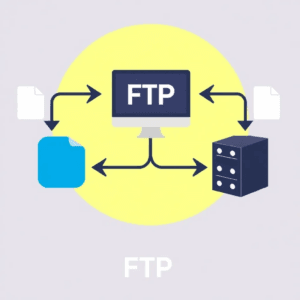
A credit card is a plastic card that can be used to pay for goods and services. It is a card on which data of the cardholder is stored. Credit cards are issued by card companies that cooperate with banks all over the world. The term originates from a sci-fi novel from 1888. The first credit cards were invented in the USA a few years later. There, credit cards have been around since 1894, and in the 1920s they were accepted by airlines and later by restaurant chains. In Germany, just 36 percent of Germans own a credit card. So there is still some room for improvement in terms of advertising by credit card companies. The perfect platform for credit card providers is the domain extension .creditcard. This is a top-level domain that is ideal for financial topics.
Use
The domain extension .creditcard can therefore be used by credit card providers who are looking for new customers. Furthermore, such a domain with the extension .creditcard can also be used by bloggers who want to report or inform about the advantages and disadvantages of credit cards. The use of this domain extension is also ideal for other financial topics that are indirectly related to credit cards. However, this domain extension is very well suited for websites of credit card providers, who can directly offer their range of services there.
Meaning
The meaning of the domain extension .creditcard is not that big, but internationally understandable. This means that the domain extension is understood everywhere in the world, because the English word for credit card or credit cards is a term that is spelled the same everywhere in the world. This is the great advantage of having an English language domain extension. It is also the case that credit cards are not used equally all over the world. As already explained, not even half of German consumers use credit cards, while credit cards are much more widely used as a means of payment in Japan and the USA.
Registration period of the domain
Minimum and maximum length
Transfer to the Premium Provider
Change of ownership (registrant)
Provider change possible
Whois update possible
Whois Privacy Protection
Name Server Update
Domain Expire (end of term)
Deletion immediately
Umlauts possible
Restore after deletion possible








